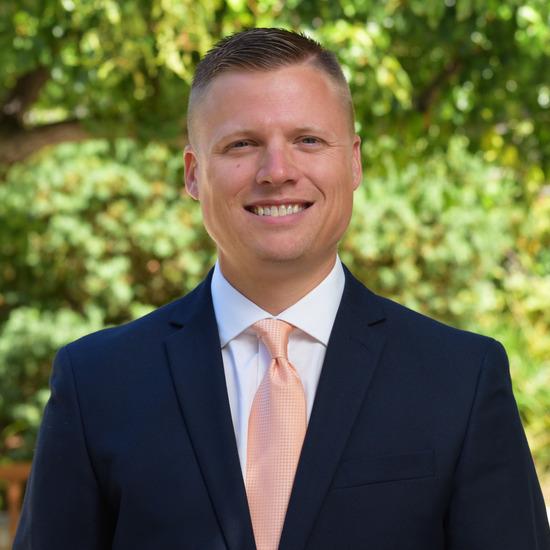Seaver College Professor Adam Pennell Helps Lead New Grant to Redefine Physical Education Standards for Nation’s Growing Autism Community

Autism rates are rising in the US. According to the Centers For Disease Control and Prevention, one in 31 eight-year-olds was diagnosed with autism spectrum disorder in 2022, a rate nearly four times higher than in the early 1990s. Yet even as this population grows, schools across the nation are limited in their ability to assess their physical fitness status—a gap that Adam Pennell, associate professor of sports medicine at Pepperdine University’s Seaver College, is determined to close.
“We do not have a strong history of representing the physical fitness needs of the autistic community, which is fascinating given its rise in recent years” says Pennell. “ There’s an obvious gap, an obvious need to address this issue and that’s the goal of our research study.”
Over the next three years, Pennell and a team of collaborators from Oregon State University and various other universities will use a $900,000 Health Resources and Services Administration: Maternal & Child Health Bureau grant to develop standardized physical fitness testing practices for K-12 students with autism. Their goal is to establish fitness assessments that best capture the health and well-being of students with autism across the country.
“True education should be a holistic enterprise of the person, not just cognition,” explains Pennell. “To move your body and be fit is an important part of what it means to be human. Our education system has historically represented the physical domain to some degree, but that doesn’t mean that it has always worked well [for everyone]… With this research, we want to be able to help students [with autism] and their teachers create reasonable goals within their physical education courses and Individualized Education Programs.”
In order to accomplish this objective, the research team is partnering with school districts in southern California as well as around the country to gather relevant data that will inform their approach. PE teachers within school districts will capture and share cardiovascular, muscular strength/endurance, and flexibility data with their team. By engaging with these partner sites, the researchers aim to acquire data from hundreds of students with autism.
Drawing on this robust data, Pennell and his collaborators will gain insight into the consistency, trustworthiness, and interpretability of the newly vetted fitness tests in students with autism. Using these insights, they plan to create or modify standardized physical fitness tests as well as develop population-specific normative data to reflect and represent autistic students. Throughout the project, the team will publish and share their findings with the academic community through peer-reviewed journal articles and conference presentations.
“My hope is that this research helps students [with autism] by improving their educational experiences and health trajectories,” says Pennell. “We are doing this work to positively affect the students and, in turn, support their families and teachers.”
Since joining the Seaver College faculty in 2019, Pennell has centered his research on empowering individuals to achieve their fitness goals. Whether working with elite athletes, children with autism, or individuals with visual impairments, his 34 published scholarly articles (27 of which have occured since arriving at Pepperdine) reflect a commitment to advancing health and physical performance for various communities.
With this latest grant focusing on students with autism, Pennell continues to use his scholarship to drive positive societal change. By collecting and analyzing the large data set, Pennell is not only advancing the field of health/fitness but also serving as an advocate for other communities.
“I’ve always been driven by the golden rule: treat others how you would like to be treated,” Pennell says. “As a result, I am always asking myself–as well as individuals with disabilities–questions such as ‘Are increased resources needed?,’ ‘Is there representation?,’ ‘Is increased advocacy warranted?,’ and so on. As long as the answer to these (and similar) questions seems to be ‘Yes,’ I plan to continue championing fitness, health, and individuals with disabilities through my research agenda.”